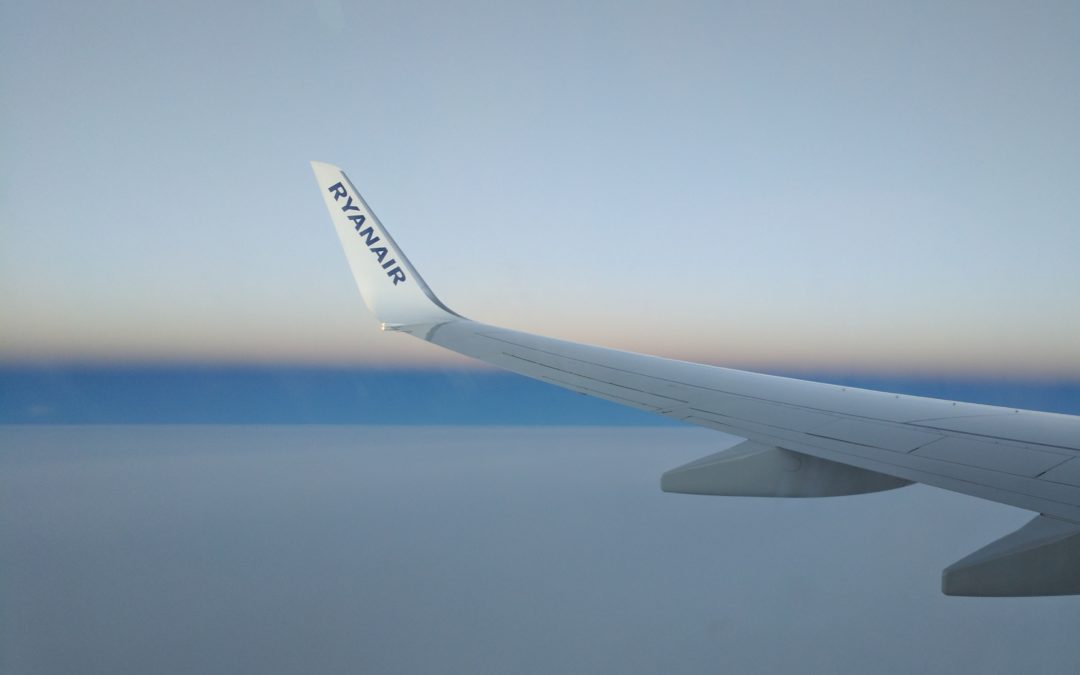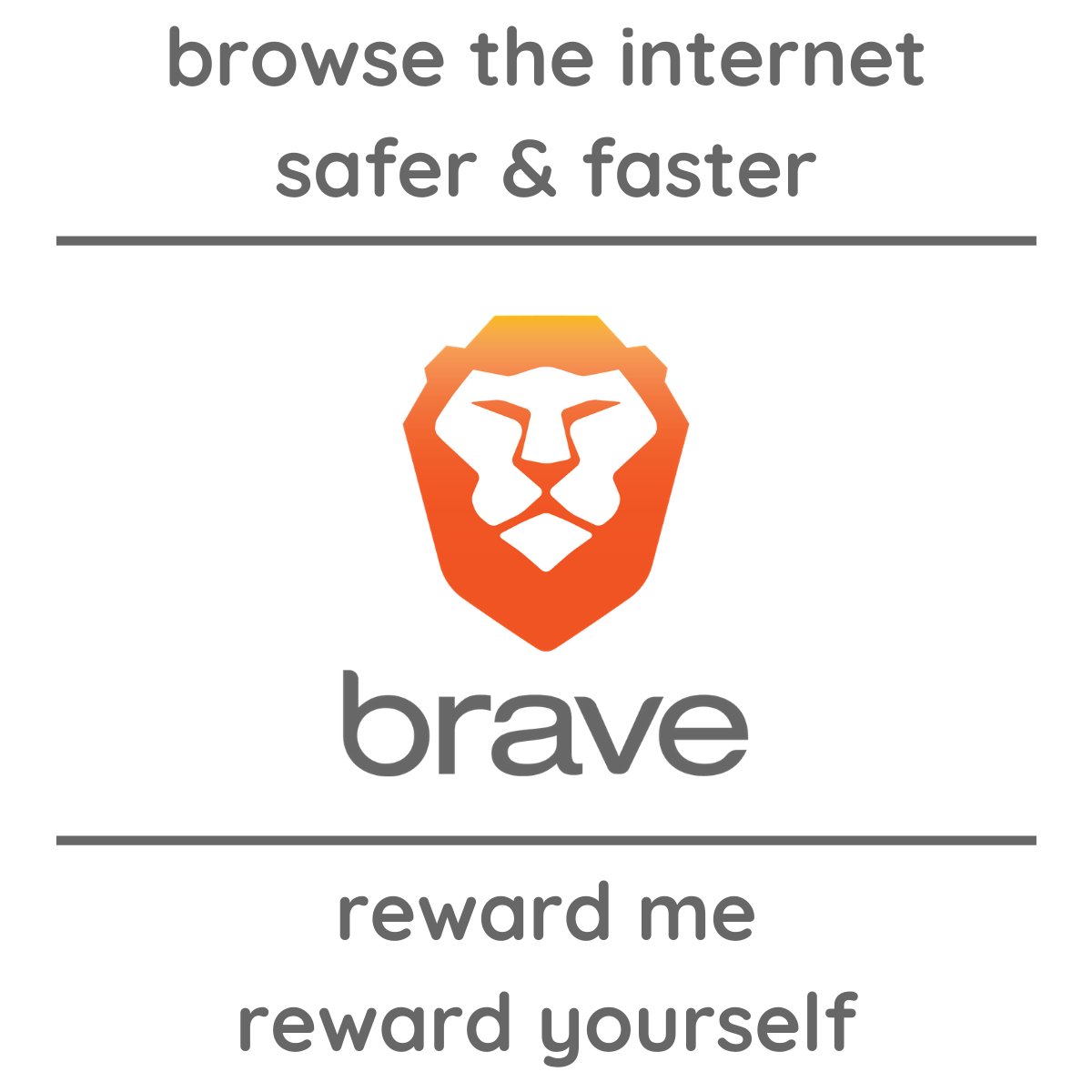Is Schengen “free and unrestricted”, as they say it is, or could your European travel experience be much different in real life? Well, before I tell you my personal Schengen story, let’s establish a good understanding of Schengen.
Officially, Schengen is “free and “unrestricted”
If you’re going to travel in Europe, it’s valuable to know what the Schengen Area is and how it relates to border security. According to SchengenVisaInfo.com:
Schengen Area, named after “the Schengen Agreement” signifies a zone where 26 different European nations, acknowledged the abolishment of their internal borders with other member nations and outside, for the free and unrestricted movement of people, goods, services, and capital, in harmony with common rules for controlling external borders and fighting criminality by strengthening common judicial system and police cooperation. (emphasis added)
For Americans, this means you can arrive in any city in Schengen, get a stamp on your passport, and travel throughout the 26 member countries for up to 90 days. In theory, you’re not supposed to be stopped and asked for your passport, unless you’re boarding a plane.
What was my experience like?
And, in fact, that accurately described my stress-free travel from Barcelona, Spain; then south down the Spanish coast; flying to Berlin, Germany; then by train to Munich, Germany; by train to Vienna, Austria; then by train to Budapest, Hungary.
However, while on a train going back to Vienna from Budapest, things were very different. Immediately after the train crossed the border from Hungary into Austria, two very large Austrian border security guards with bullet proof vests came into our section of the train and demanded to see everybody’s passports.
While other passengers had their passports handy, I had to dig through my luggage to find mine. When the border guard reached me, he was nice, but he was a little frustrated that he had to wait.
“Isn’t Austria in Schengen?”, I asked. My question definitely caught him by surprise. He fumbled his answer to me, then he had to ask his co-worker how to properly respond. Together, the two border guards settled on, “We’re checking everybody’s passports.”
An order is an order
Sadly, their final answer was reminiscent of the “I’m just following orders” dismissive response that too many government employees throughout history have used as an excuse when they’re caught breaking laws. In other words, just like in America, government employees in other countries are always discouraged from thinking too much about what they’re doing.
Two takeaways
In case you missed it, notice the very clear difference in my two Austrian border crossing experiences. When I crossed the Austrian border from Germany on a train, the border security guards didn’t check our passports. But a week later, when our train crossed the Austrian border from Hungary, they checked the passports of every passenger. Because the second train originated in Hungary, I suspect that had something to do with their need to check everybody’s passports.
During my 89 days in Schengen, that was the only time I was asked to produce my passport by any border security guards. However, those Austrians sent a clear message: If you’re on a train that’s crossing an international border in Europe, be prepared to show your passport, even if they tell you Schengen is “free and unrestricted”.
Additionally, you can almost always count on government employees to “just follow orders”.







